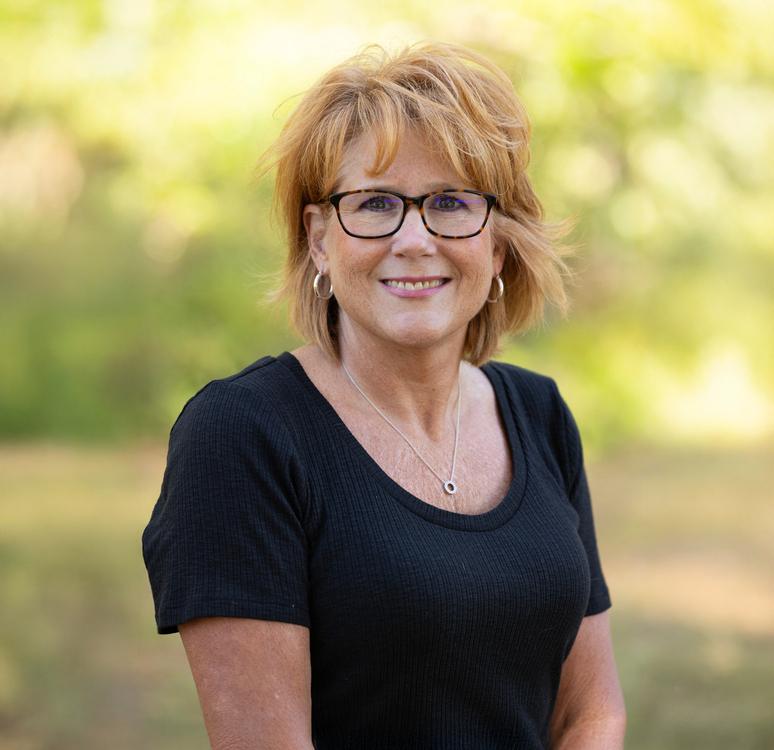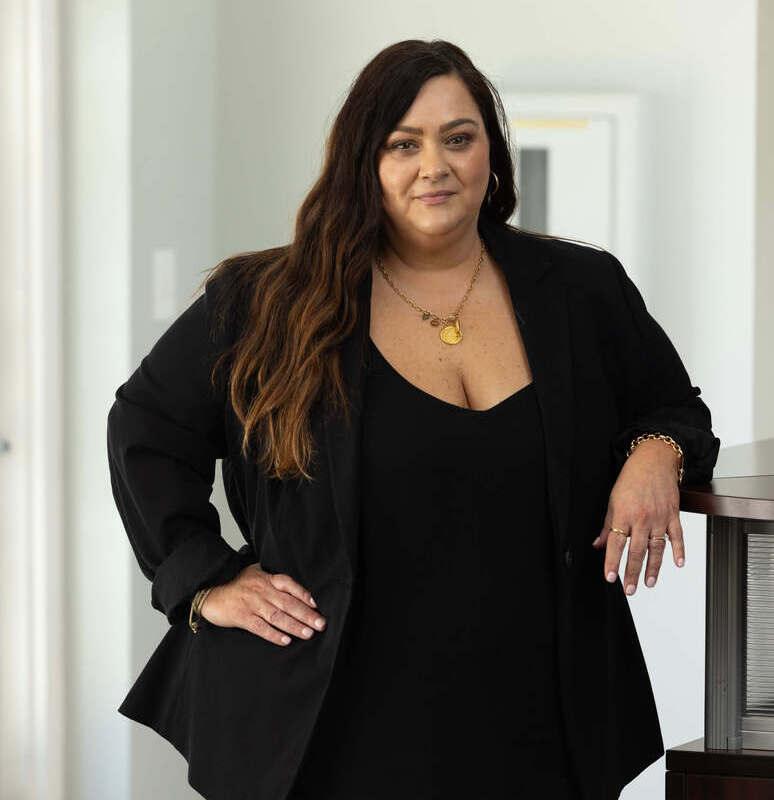Creating a personal will allows you to avoid the state’s rules and regulations when it comes to dividing your assets among beneficiaries at the time of your death. While it’s not easy to think about not being around to care for and enjoy your family, it’s important to design a will to make an emotionally challenging time as least stressful as possible. However, creating a will takes more than putting your final wishes on paper. There are legal steps you need to take to validate the will and ensure your wishes are followed. Choosing an experienced probate lawyer in Pawleys Island will simplify the process.
Use A Lawyer For Your Will
While creating a last will and testament is not legally required, when it’s not completed, the state takes control of your assets, distributing them based on preset regulations. How your property is divided by the state may not be how you would desire, so creating a personal will is the one way to secure how your belongings will be disbursed.
Drafting your own will leaves you vulnerable for many missed steps to validate your wishes. Even with online software that claims to make drafting your will easy, there are no guarantees that the requirements will match your state regulations or carry over if you move into a different state.
Using a Pawleys Island lawyer to create your will saves you time and prevents your family from having to jump through numerous legal hoops during an already difficult time. It’s also important to update your will regularly. Your life situation may change and family members who you’ve included in your will may pass before you. Take the time to reevaluate your will each year to ensure no changes are needed.
What If I Die Without A Will?
When a South Carolina resident dies without a will, the laws of intestacy are invoked. In South Carolina, the absence of a will means the surviving spouse inherits the entire estate unless the couple has children. If this is the case, the children and surviving spouse each inherit half of the assets.
If the deceased has no surviving spouse, children, or parents, the inheritance then goes to other family members, including siblings or grandparents, based on the closeness of relation.
Will Regulations In South Carolina
For a will to be legally binding in the state of South Carolina, a number of regulations must be followed.
- The testator (person who wrote the will) must not be a minor.
- The testator must be in good mental health and of a sound mind when creating the will.
- The will must be signed by the testator or by another person acting on the testator’s behalf who will sign the will with the testator’s name in his or her presence at his or her direction.
- A South Carolina will requires at least two witness signatures. Each witness must be present when the testator signs the will or acknowledges signature of the will.
- A South Carolina will must be written.
- A testator can leave property or other assets to anyone he or she chooses.
As you formulate your own will, you will likely have questions of legal concern or wanting to understand how the probate system works. The Hopkins Law Firm is a trusted legal group in Pawleys Island who specialized in the probate process and can walk you through each step.














